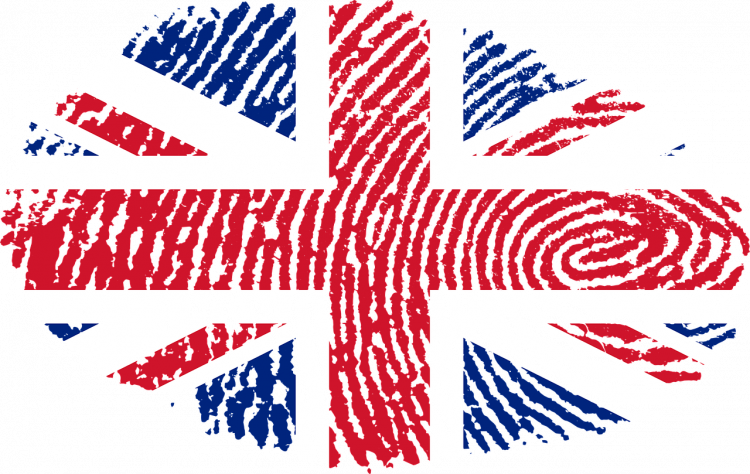Do Your Genes Define “You”?

Earlier this month, I subjected myself to take a test. No, not a history quiz, or a French exam, but a test about myself. Why? Well, because despite knowing where I was born and the various places I’ve lived, I, not infrequently, find myself feeling a void of understanding as to who I am. So, I decided it was time to dig past the anecdotal stories from my parents about their parents and to claim something truly personal- a story of my own.
After making a few obscure searches online (yes, a 2am Google page of “help me figure out who I am” still proudly exists in my browser history), I came across 23 & Me, a company based in Mountain View, California, which offers a test that claims to “help people access, understand and benefit from the human genome”. At first glance, this three-part promise seemed impossible, but as soon as I found out that the access portion was simply a saliva sample that you mail off from the comfort of your own home, I immediately became interested and wanted in.
I was excited to take a test that bears unique insights into my ancestry, genetic health risks, wellness, carrier status, and health traits. But somewhere, way in the back of my mind, I still hesitated: what will I gain from knowing all this data? Is information that leads to knowledge of my personal genome empowering? Or is ignorance bliss? I juggled these competing questions, doubts, and thoughts in my head until I finally gave in and sent away a little bit of myself to a lab in Northern California.
I was originally born in Glasgow, Scotland and moved to Seattle, Washington at a young age so I have never had a singular place to call “home”. Growing up, I took an adolescent pride in dressing up in stripes and stars on the Fourth of July, but was always reminded by my green card that my affinity to blend in with American culture was untenable. So even when I felt like Seattle was my home, I could not escape the title of being a “legal alien”.
On the other hand, when I would hoof it all the way back to England to see my extended family on summer vacation, I felt as if I wasn’t truly British either. I was constantly floating between both identities, which I quite liked, as the lack of national identity allowed me a sense of freedom and ability to choose who I wanted to be when I wanted to. The idea of having a definite sense of my past and my ancestry, a sense of my present self and my traits, and predictions for my future genetic health risks was a daunting one. I had always relied on this transient sense of identity and wasn’t sure how a sense of “scientifically certified” permanence would affect how I viewed myself.
Seven weeks went by before I got back my results, and by that time, the same doubts and anxieties began to resurface. What if the results aren’t what I expected? Will knowledge of my genetic health risks turn me into a hypochondriac? Will I like who I am? I got butterflies each time I saw the unread email titled “Your Reports are Ready” sitting patiently in my inbox. Two days passed, and since I had already paid for the bloody tests, I thought I might as well open them. Unsurprisingly, I am 99.9% European, 87.5% of which is British and Irish. I have no predispositions for any chronic illnesses later in life and I am an overall healthy human being. So, how do I benefit from all of this?
Image Credit: Sarah Hughes
When I signed up for genetic testing, I hoped the results would help me to find a deeper understanding of who I am and how I view myself, and a new, unwavering sense of identity. In actuality, it conveyed to me what I already knew about myself. I knew my family is predominantly from Europe and that I am a healthy person. What I found is that this information doesn’t provide any unique insights into my identity. Identity is a socially and historically constructed concept. We learn about our identity and the identity of others through interactions with family, peers, organizations, institutions, media and other connections that we make in our everyday life. For me, identity is a constantly evolving process, not a single destination for all of life’s answers to our existential questions. Sometimes I am Sarah the Seattleite, some days I am Sarah the Scottish girl, but I am always Sarah, a duality of self-expression, and that is uniquely me.








